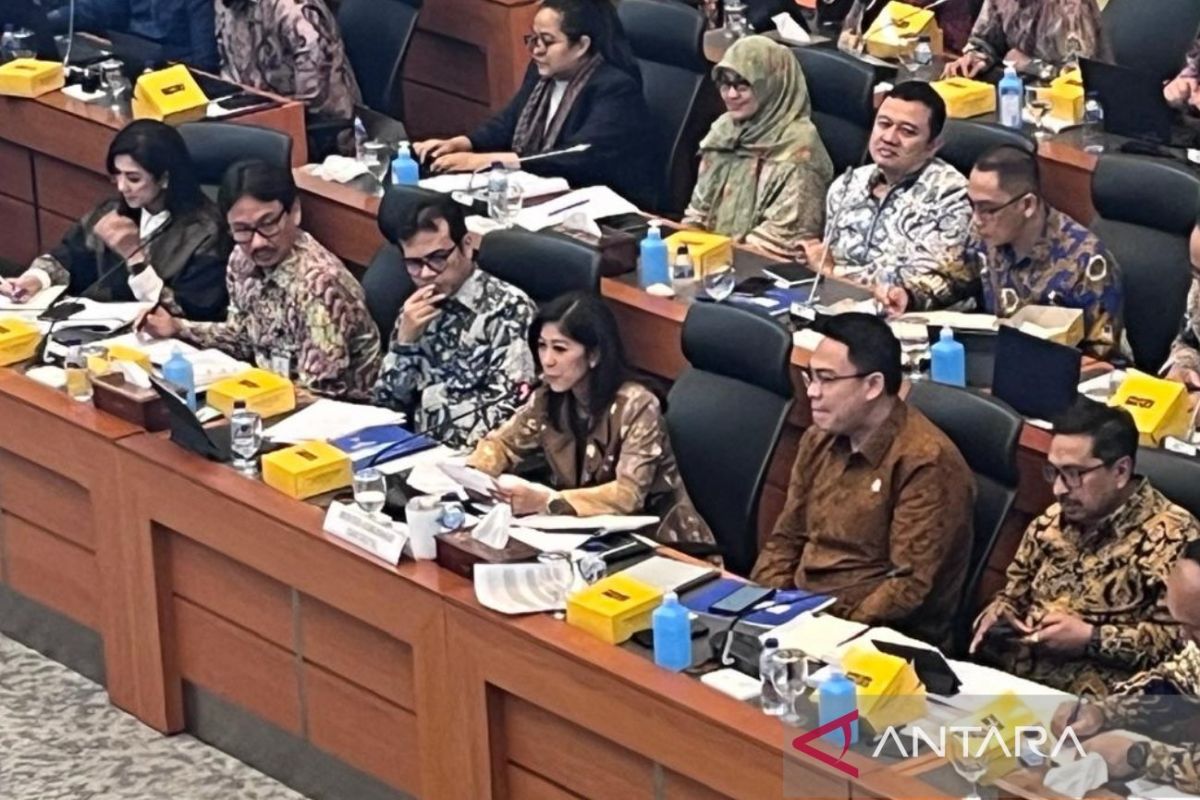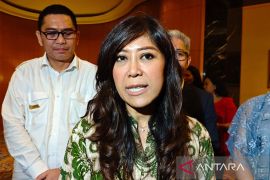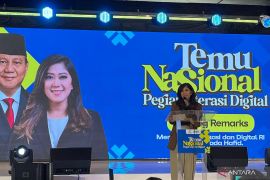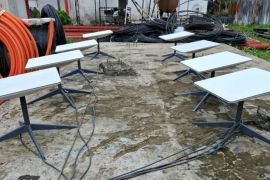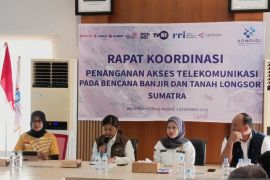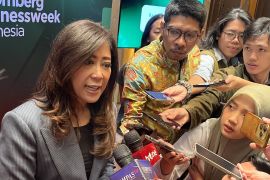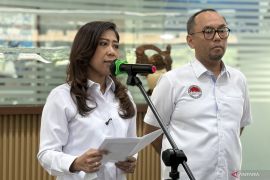This was conveyed by the minister during a meeting with Commission I of the House of Representatives (DPR) in Jakarta on Tuesday.
According to Hafid, the development of connectivity is not only the responsibility of the government but also requires the involvement of the private sector.
Areas in the 3T category will remain the focus of the government. As for non-3T areas that still do not have Internet access, the private sector is being encouraged to build connectivity there.
The minister said that a very large budget is needed to cover all connectivity needs, both in 3T and non-3T areas.
She further said that her ministry is currently persuasively encouraging telecommunications operators to participate in building internet Infrastructure in areas that are not yet covered.
She noted that currently, there are no regulations obliging private parties to take such steps and the approach taken by the government is still in the nature of encouragement.
Minister Hafid is also open to inputs from various parties, including the DPR, which is playing a supervisory function, to report areas that still have no access to the Internet.
This, she said, is in line with the push from President Prabowo Subianto to accelerate digitalization in all parts of Indonesia.
"If there are still areas that do not yet have access to the Internet, we can try to support through the BAKTI (Telecommunications Accessibility Agency) scheme or we can encourage companies to build connectivity there," she added.
Related news: Govt committed to digital village internet connectivity
Related news: Cellular operators asked to help boost internet networks
Translator: Fathur Rochman, Raka Adji
Editor: Primayanti
Copyright © ANTARA 2025
